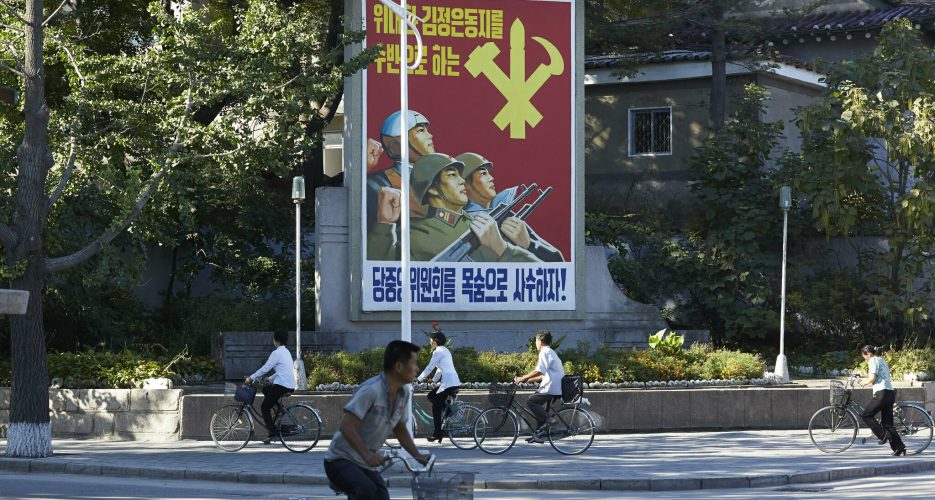About the Author
NK News
NK News is a North Korea specialist news and information resource head-quartered in Delaware, U.S.A.

Get behind the headlines
|
Opinion An Outsider’s Perspective: A War of Minds and Perception on the Korean Peninsula"If we don’t take Kim Jong Un at his word then we may be throwing away a valuable perspective on his intent"  by Alexander Evins Following new U.N. Security Council sanctions and a failed attempt at so-called basketball diplomacy, the DPRK’s bellicose rhetoric has markedly increased in fervor and severity. Their recent threats of armistice nullification and preemptive thermonuclear war are demonstrating a more defiant side than has yet to be seen from their young leader. Despite the similarities between the current provocations and those carried out under Kim Jong Il, it seems more prudent than ever to analyze the regime’s actions within the context of the DPRK’s evolving social landscape. © Korea Risk Group. All rights reserved. |